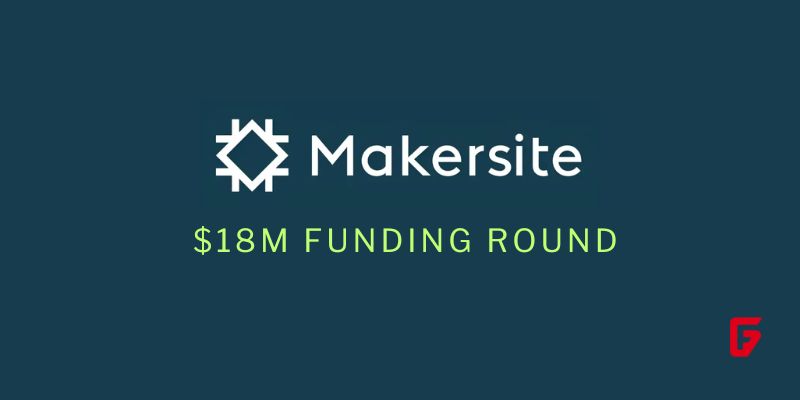Makersite recently raised €60 million in a Series B funding round to accelerate its AI-powered Product Lifecycle Intelligence (PLI) platform aimed at transforming how manufacturers design, source, and develop products. This investment marks a major milestone in Makersite’s mission to make sustainable, safe, and cost-effective product development a global standard through intelligent automation and deep supply chain insights.
Revolutionizing Product Development with AI-Enhanced Intelligence
At the heart of Makersite’s solution is Product Lifecycle Intelligence, an advanced layer that integrates vast, disparate data from PLM (Product Lifecycle Management), ERP, and CAD systems with extensive external databases. This creates comprehensive digital twins of products, encompassing materials, manufacturing processes, and suppliers. By leveraging AI and graph technology, Makersite enriches traditional product data with detailed environmental, cost, and compliance information, providing a holistic view of product lifecycles.
Such insight enables manufacturers to identify sustainable design alternatives, optimize sourcing, and manage supply chain risks effectively.
Empowering Manufacturers with Deep Supply Chain Transparency
Makersite’s platform uniquely blends proprietary datasets with AI-driven analytics, granting manufacturers granular insight into supply chain components, including every material and part’s environmental impact, regulatory compliance, and should-cost metrics.
This data-driven approach allows cross-functional teams—ranging from engineering to procurement—to collaborate in real time and make smarter decisions that balance cost, sustainability, and regulatory concerns. Leading companies such as Microsoft, Daikin, Cummins, Barco, and Schneider Electric utilize Makersite to scale eco-design and reduce carbon footprints significantly—for example, Microsoft lowered the carbon footprint of its Surface Pro 10 by up to 28% within two years.
Driving Scalable Sustainability and Risk Mitigation
With rising global focus on sustainable manufacturing, Makersite’s AI-enabled PLI provides automated lifecycle assessments and scope 3 emissions tracking at scale. The platform automates data cleansing, gap filling, and modeling, empowering enterprises to simulate product lifecycles rapidly and at scale. This predictive intelligence supports proactive risk management and compliance reporting, crucial in today’s complex regulatory environment.
Fueling Growth and Innovation through Strategic Investment
The company plans to deploy the new funding to accelerate platform enhancements, expand its technology infrastructure, and grow its team of over 150 experts—termed “Makernauts.” This capital injection comes amid growing adoption from major manufacturers seeking to integrate deep lifecycle and supply chain intelligence into their product development processes.
Neil D’Souza, Makersite’s CEO, emphasizes the urgency of their mission to embed sustainability into product design as a default in manufacturing worldwide. The fresh investment will bolster integration with technology partners and scale Makersite’s impact globally, helping manufacturers create greener, safer, and more affordable products with unprecedented speed and precision.














